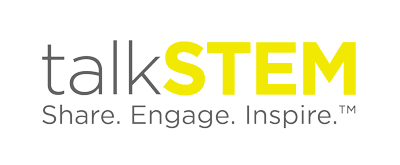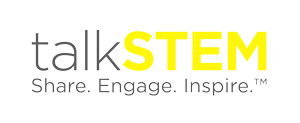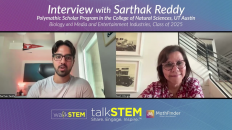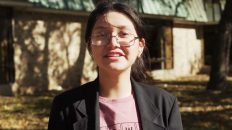It’s that time when school leaders, teachers, and after-school programs are gearing up. talkSTEM is reposting Back to School posts from 2015 that contain some great nuggets!
Enjoy – and Happy Back to School!!
How my Engineering Degree has Helped me in My Non-Engineering Career
By Esmeralda Cardoso, School Leader for the new KIPP Destiny School in Dallas, TX


Although my electrical engineering degree will probably never be applied to an electrical engineering career, I have more than gotten my money’s worth. Here are the three ways in which having a degree in engineering has helped me impact the lives of the hundreds of students that I have taught.
Making use of information
As I reflect on my engineering courses and math classes, I can’t help but to shudder at all the data that I collected, analyzed and used to drive solutions to my problem sets and program code. This process is exactly what we educators at KIPP DFW use in the classroom each day. We assess how much our students have learned by collecting data, both qualitative and numerical, and then analyze that data carefully to determine how we will move forward to get our students to learn.
When I became a member of the leadership team at KIPP Truth Academy in Dallas, TX, I began to use this same process to determine how well the teachers that I coached were doing. I observed their classrooms, collected data, and met with them to share the most relevant data that would lead them to tweak their approach to drive student learning.
The late nights analyzing numbers in college were just training my brain to find patterns and to identify interesting data points in a data set to drive student achievement.
Being solutions oriented
The very definition of engineering is to design solutions to problems. It is expected that after a design is created, it may or may not work. If the solution that has been designed does not work, engineers get excited that now one possibility has been eliminated and progress has been made toward a better solution. In engineering, failure is expected and sometimes welcomed. For this, I am grateful. It doesn’t take much to realize that our education system is working for some but not for others. As a teacher, I was empowered to know that I had full reign over the solutions that I would implement to get all of my students to learn in my classroom. When something didn’t work, I tried another way to do it or asked my colleagues who had already found something that did work for them. Every year, it is a new group of students with new opportunities and new challenges. Therefore, having a solutions-orientation is critical to maintaining the stamina required to meet all students’ needs.
Designing a STEM-focused school
This past school-year, I had the privilege of being a part of the KIPP Fisher Fellowship, a one-year program that prepares Fellows to found and lead a new KIPP school in an underserved community. This fellowship year has felt like the coding of a computer program. I began by identifying my vision for the school that will serve my own community, much like defining the purpose for writing a set of computer code. Once that was defined, I spent much of the year visiting and observing other high-performing schools and determining what blocks of code I would need to copy and paste into my plan in order to reach my vision. I admit that much of the plan for KIPP Destiny Middle School has been borrowed from the great practices observed in other schools. However, similar to the way you can borrow chunks of code from one program to another and have both programs execute different outcomes, I know that KIPP Destiny Middle School is my unique product. I am eternally grateful to the school leaders who have come before me and look forward to the great school that we will build.
In my engineering courses, I learned to use the tools at my disposal; I learned that failure is normal and that designing something new is definitely possible if you leverage the building blocks available in the right way. For this reason, STEM will be a focus at KIPP Destiny Middle School so that our students will walk away with the ability to think critically, to problem solve and to think creatively. In turn, they will be able to leverage these skills in whatever career they choose, but hopefully in the STEM career that they will choose.
About Esme
Esmeralda Cardoso is the founding school leader of KIPP DFW’s second middle school, KIPP Destiny Middle School, opening Fall, 2015. Prior to earning the Fisher Fellowship, she served as assistant principal for three years at KIPP Truth Academy. She first joined KIPP Truth Academy in 2006, serving as sixth grade math teacher and sixth grade level chair. Prior to joining the KIPP team, she was a founding teacher at Uplift Education – Hampton Preparatory in Dallas, TX where she taught sixth and seventh grade mathematics, fifth grade math lab and served as seventh grade level chair. She began her teaching career at YES Prep-Southeast in Houston, TX, as seventh grade mathematics teacher in 2004. Esmeralda received her B.A. in Electrical Engineering and Hispanic Studies from Rice University and her M.Ed. in Educational Leadership with Urban School Specialization from Southern Methodist University. Outside of KIPP, she enjoys spending quality time with her family.







Add comment